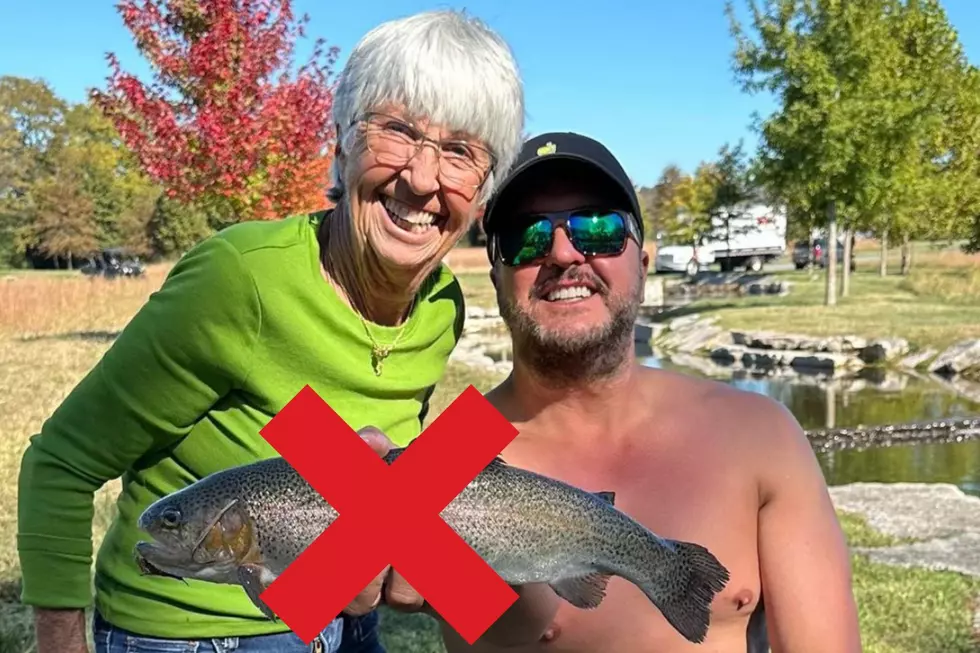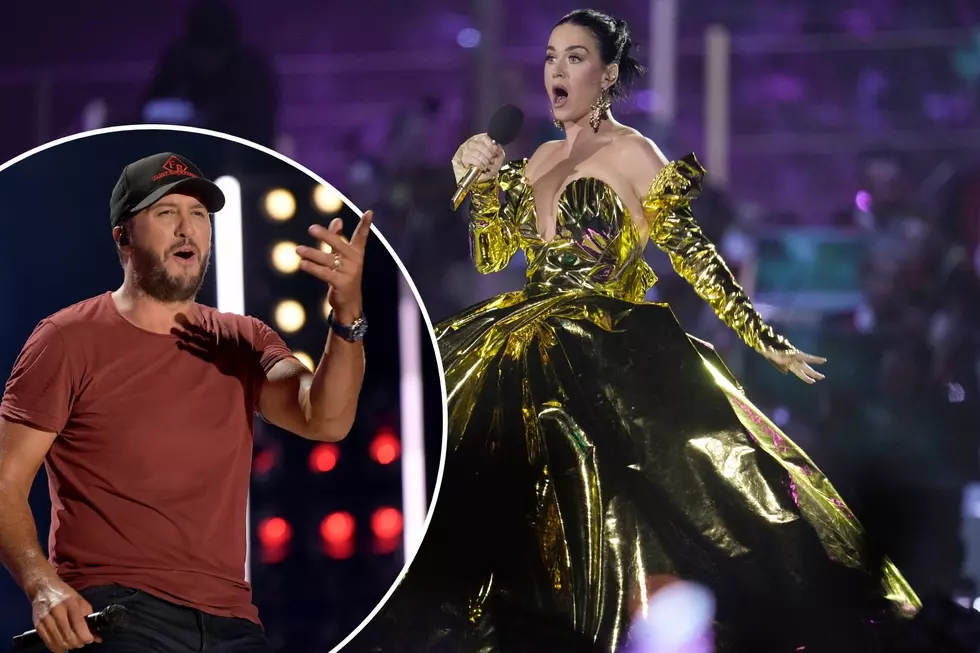
The New Old Reality of Threats for Music Artists
Attacks in Manchester — and before that, Paris and Orlando — rightfully stoke a conversation about security at music events. Now is the time for change, if change is needed. Fans should expect heightened security, more thorough pat-downs and a few more restrictions in shows to come.
What will change for the artists onstage, however? It’s a layer of security that’s (by design) unnoticed to the majority of fans, and even during the media coverage of the bombings at the Ariana Grande concert and similar events, little has been said about artist safety. In reality, the people standing five to 10 feet above the crowd are the most vulnerable, but none of this is new. Death threats are an unfortunate fact of the job, and they always have been.
Even the most lovable, non-controversial artists have crazy fans. Jerrod Niemann recently made a stunning admission that he not only received a death threat, but the woman showed up to the concert with a firearm and an intent to carry out the plan.
"Luckily our friends in law enforcement took care of it," he says.
Sometimes the public hears about the threats, but typically not until they've been extinguished. During their first tour — after Natalie Maines made now-infamous comments about President Bush — the Dixie Chicks received many alarming threats, culminating in an extremely tense show in Dallas. They told 60 Minutes about an extremely specific death threat. The show went on, but the trio went directly from police cars to the stage and back.
In 2002, a death threat against Travis Tritt led the cancellation of at least one show (according to CNN) and the arrest of a Murfreesboro, Tenn., man (according to Billboard). During this time security was heightened at shows, especially during meet and greets. For years that’s been the norm for artists like Toby Keith. Radio stations that offered meet and greet passes to his shows had to provide the full legal names of all parties attending, an unusual precaution by comparison. Those who accuse artists of being standoffish toward fans should consider what may be happening in the background.
Empathy is more important now than ever. Put yourself in any artist’s shoes one day after Manchester, or the Christina Grimmie shooting in Florida in the summer of 2016. There’s incredible tension in the air and still unanswered questions. It’s your job to help heal with music, a job that requires dancing around like a moving target, or so it must seem. Would you put your family through that? There's no wrong answer.
In country music it's easy to argue security is often too lax. Recall two incidents that look quite a bit different in the wake of recent events: Aaron Lewis hit or shoved a stage crasher in 2014 before a man in khaki pants and a lime green shirt rushed the fan off stage. Luke Bryan slapped a man in his audience in fall 2016.
In both cases, those men should have never been able to get that close. The second event happened during the Charlie Daniels Volunteer Jam at Nashville's Bridgestone Arena — a massive venue — so where were the muscled men in black T-shirts? Once again, put yourself in an artist's boots and envision an angry fan coming right at you.
Personal bodyguards seem like a pretty good idea (right now Darius Rucker is one of the few who has one), but the solution starts in the audience. Increased awareness is paramount, much like it is on an airplane. From there it's about patience and compassion for artists who now more than ever are literally risking their lives for the fans.
"It’s one of those things where you just have to do what you do and just have faith in the people that are our police officers or military and make sure everybody’s on the same page," Niemann says. "You just can’t stand behind an eight-inch glass pillar." He's right.
For now.
More From Taste of Country
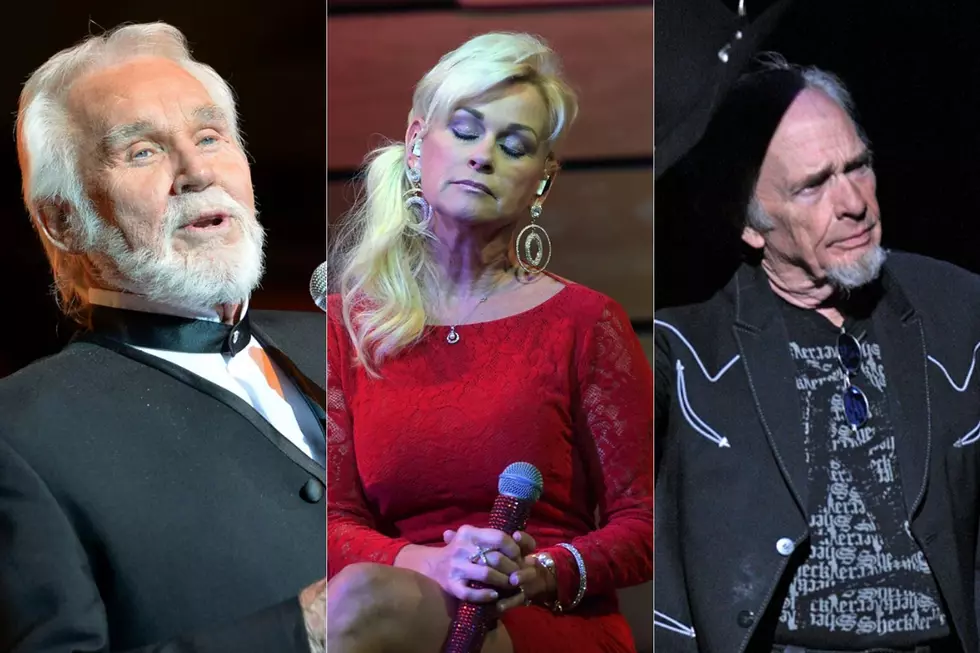
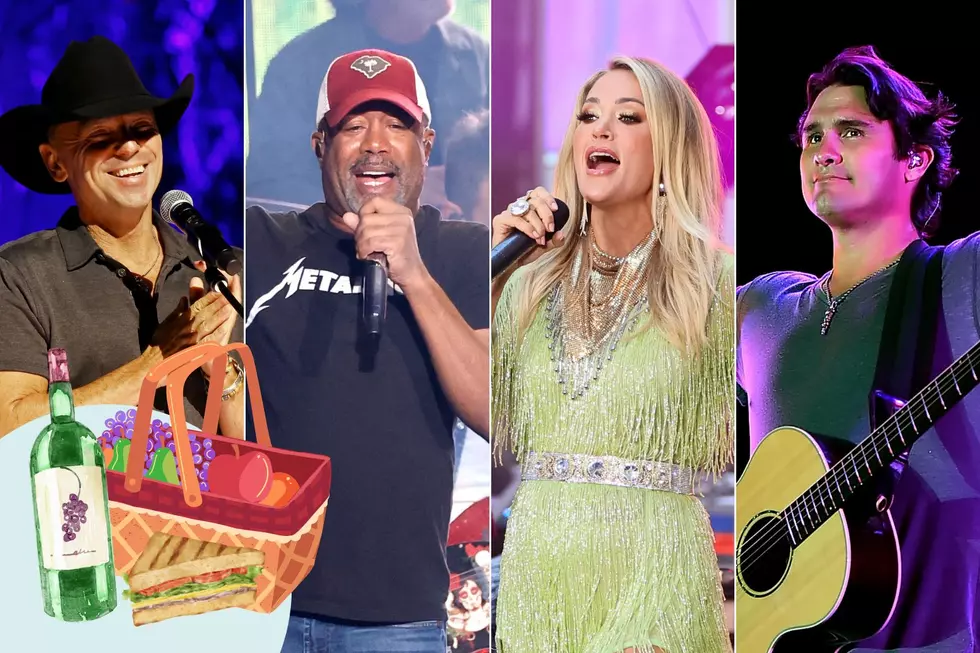
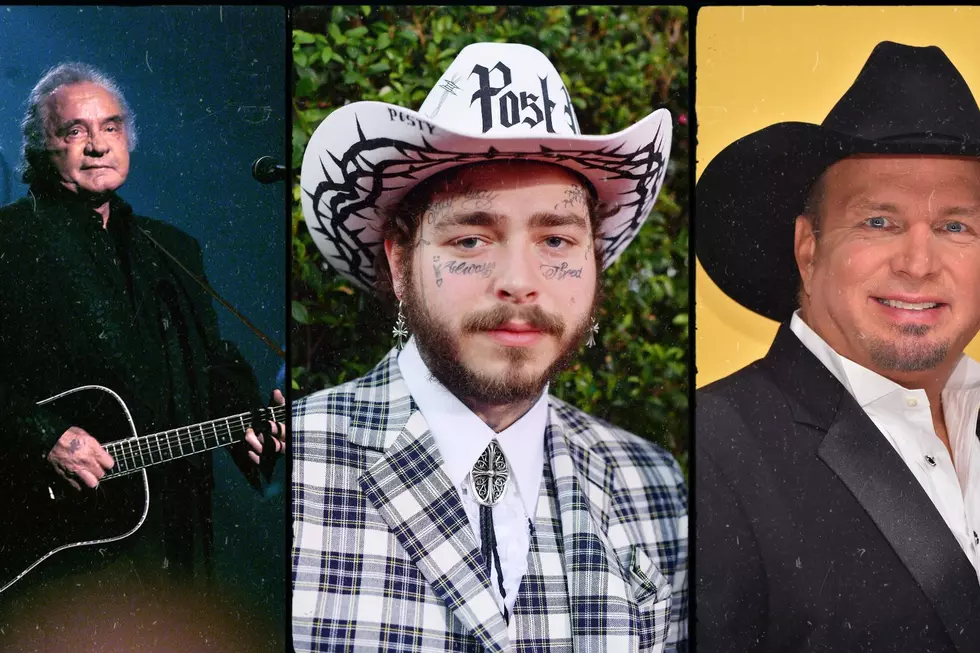
![10 Times Country Artists Fell While Performing on Stage [Watch]](http://townsquare.media/site/204/files/2024/04/attachment-Ernest-Carly-Pearce-Tim-McGraw.jpg?w=980&q=75)
![Luke Bryan Suffers Hard Fall on Stage, Laughs It Off [Watch]](http://townsquare.media/site/204/files/2024/04/attachment-Untitled-design-2024-04-22T082435.638.jpg?w=980&q=75)


